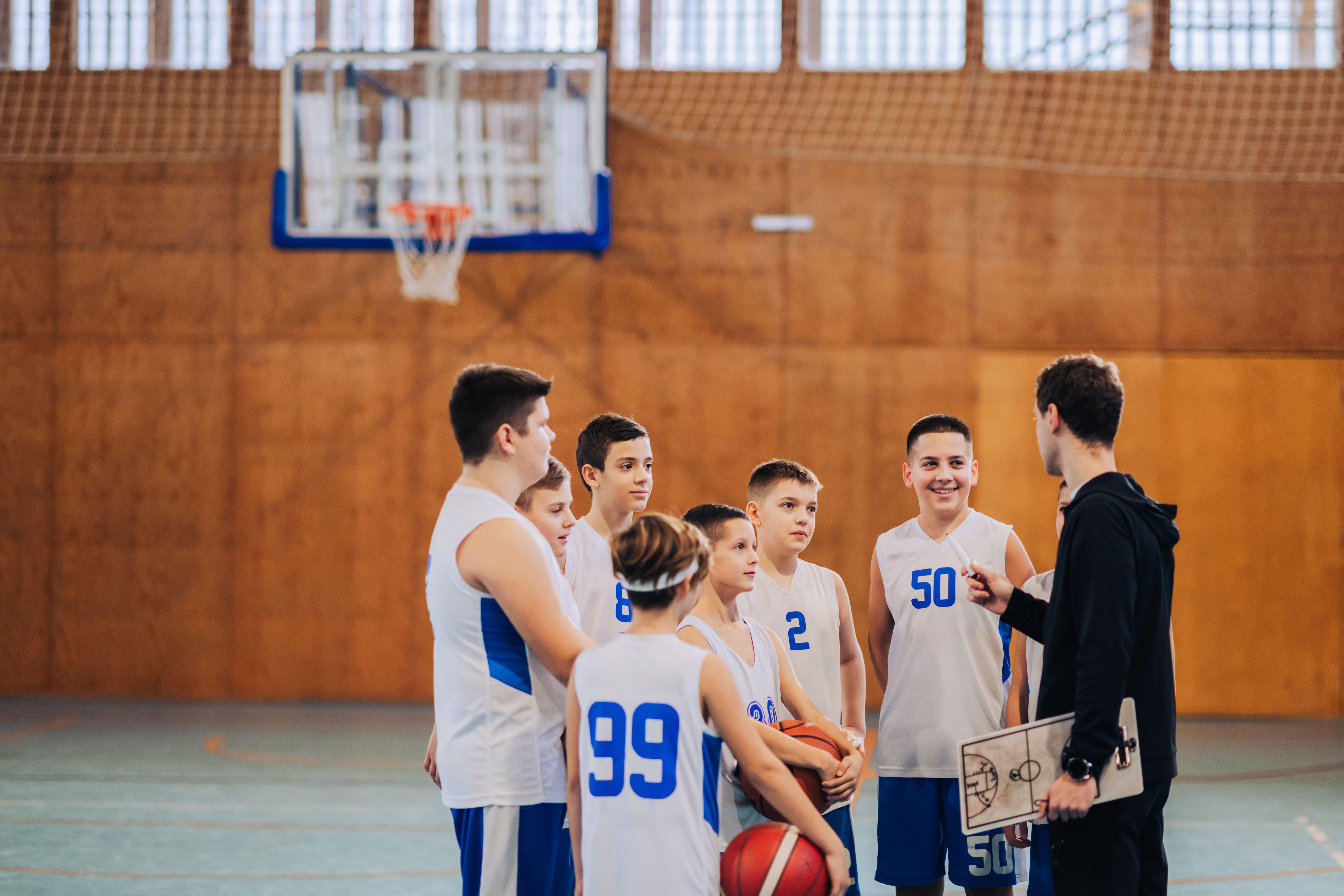Building Character: Lessons from Youth Basketball
The Role of Teamwork in Youth Basketball
Youth basketball is more than just a sport; it's a platform for building character and essential life skills. One of the most important lessons that young players learn is the value of teamwork. Working together towards a common goal teaches players how to communicate effectively, trust one another, and make sacrifices for the greater good. These skills are invaluable both on and off the court.
In basketball, each player has a role to play, and success depends on how well these roles are executed. A team that works cohesively is often more effective than a group of individuals who focus solely on their personal achievements. This serves as a powerful lesson for young athletes, reinforcing the idea that collaboration is key to achieving objectives.

Developing Resilience Through Challenges
Another critical lesson from youth basketball is resilience. The sport provides a safe environment for young players to experience setbacks and learn how to overcome them. Whether it's losing a game or missing a crucial shot, these experiences teach athletes how to cope with disappointment and bounce back stronger.
Resilience is not just about recovering from failure but also about maintaining focus and determination in the face of adversity. Coaches often emphasize the importance of a positive mindset, encouraging players to view challenges as opportunities for growth rather than obstacles. This mindset can be transformative, equipping young athletes with the mental toughness needed to navigate life's ups and downs.

Building Leadership Skills
Youth basketball also offers numerous opportunities for developing leadership skills. Captains and other team leaders learn how to motivate their peers, make strategic decisions, and lead by example. These responsibilities instill a sense of accountability and inspire confidence, preparing young leaders for future challenges in various aspects of life.
Leadership on the basketball court often involves setting the tone for others through actions and words. Encouraging teammates, maintaining composure, and demonstrating sportsmanship are all part of leading effectively. Young players learn that leadership is not about being the best player but about being a role model who uplifts others.

Embracing Diversity and Inclusion
Basketball is a diverse sport that brings together individuals from various backgrounds, cultures, and abilities. This diversity enriches the experience for young players, teaching them the importance of inclusion and empathy. By interacting with teammates from different walks of life, players develop a broader perspective and learn to appreciate different viewpoints.
An inclusive team environment fosters mutual respect and understanding, essential qualities for building healthy relationships both in sports and in everyday life. Youth basketball encourages players to embrace diversity as a strength, underscoring the idea that everyone has unique contributions to offer.

Fostering Discipline and Commitment
Discipline and commitment are fundamental qualities instilled through youth basketball. Regular practices, drills, and games require young athletes to manage their time effectively and prioritize their responsibilities. This discipline extends beyond the court, influencing academic performance and personal development.
Commitment to a sport teaches young players the value of dedication and hard work. It highlights the importance of perseverance in achieving goals, reinforcing that success is often the result of consistent effort rather than innate talent alone. Through basketball, youth learn that commitment is key to personal growth and achievement.

The Impact of Positive Reinforcement
Coaches play a pivotal role in shaping the character of young basketball players through positive reinforcement. Encouragement and constructive feedback help build self-esteem and confidence in young athletes. Knowing that their efforts are recognized boosts their motivation to improve and strive for excellence.
Positive reinforcement also nurtures a love for the game, ensuring that young players remain engaged and passionate about basketball. This approach emphasizes growth over perfection, promoting an environment where players feel comfortable taking risks and learning from mistakes.